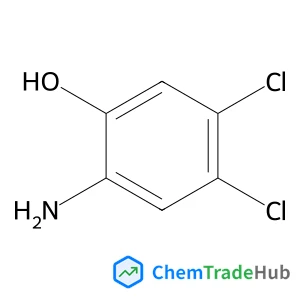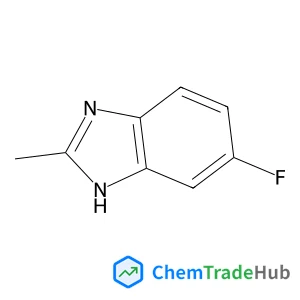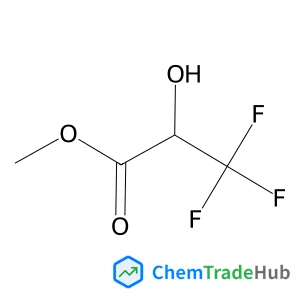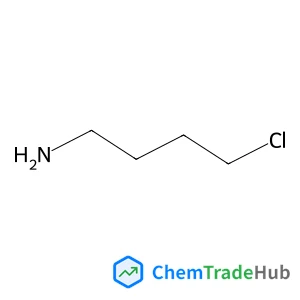Chemoproteomics-based target profiling of sinomenine reveals multiple protein regulators of inflammation
文献情報
Lianguo Chen, Hong-jian Wang, Teng-fei Ji, Chong-Jing Zhang
Although sinomenine (SIN) has been used to treat several inflammation-related diseases in the clinic for decades, the detailed anti-inflammatory mechanism remains elusive. Here, we present a chemoproteomic study that supports a polypharmacological mode of action for SIN to inhibit inflammation. Notably, functional validation revealed multiple new protein regulators whose knockdown could significantly affect inflammation.
関連文献
IF 6.222
A robust multifunctional ligand-controlled palladium-catalyzed carbonylation reaction in waterIF 6.222
Metal–organic frameworks: preparation and applications in highly efficient heterogeneous photocatalysisIF 6.367
A hollow neuronal carbon skeleton with ultrahigh pyridinic N content as a self-supporting potassium-ion battery anodeIF 6.367
Synthesis and optical and electronic properties of one-dimensional sulfoxonium-based hybrid metal halide (CH3)3SOPbI3IF 6.222
Catalytic depolymerization of Kraft lignin to produce liquid fuels via Ni–Sn metal oxide catalystsIF 6.367
Sugar ketals as a platform molecule to overcome the limitation of converting biomass into green-hydrocarbons in a typical refineryIF 6.367
Developing a novel high performance NaNbO3-based lead-free dielectric capacitor for energy storage applicationsIF 6.367
Carbon-based photocatalysts for enhanced photocatalytic reduction of CO2 to solar fuelsIF 6.367
From Douglas fir to renewable H2-enriched syngas via ex situ catalytic pyrolysis over metal nanoparticles–nanocellulose derived carbon catalystsIF 6.367
掲載誌
Chemical Communications
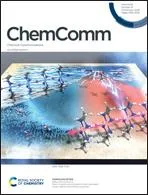
ChemComm publishes urgent research which is of outstanding significance and interest to experts in the field, while also appealing to the journal’s broad chemistry readership. Our communication format is ideally suited to short, urgent studies that are of such importance that they require accelerated publication. Our scope covers all topics in chemistry, and research at the interface of chemistry and other disciplines (such as materials science, nanoscience, physics, engineering and biology) where there is a significant novelty in the chemistry aspects. Major topic areas covered include: Analytical Chemistry Catalysis Chemical Biology and medicinal chemistry Computational Chemistry and Machine Learning Energy and sustainable chemistry Environmental Chemistry Green Chemistry Inorganic Chemistry Materials Chemistry Nanoscience Organic Chemistry Physical Chemistry Polymer Chemistry Supramolecular Chemistry
おすすめサプライヤー
 RS リッテル & シッパー GmbH
RS リッテル & シッパー GmbH 东莞市コレイダ化学科技有限公司
东莞市コレイダ化学科技有限公司 西安サンスタッド洗浄設備有限公司
西安サンスタッド洗浄設備有限公司 Qu ímica Vaid, S. A. C. V. の
Qu ímica Vaid, S. A. C. V. の Theion株式会社
Theion株式会社 細川ミクロン株式会社.
細川ミクロン株式会社. Vitaris AG
Vitaris AG GENSORIC GMBH
GENSORIC GMBH 襄樊ノール化学有限公司
襄樊ノール化学有限公司 アルキム · エスペシャリティズ · ケミカス S. A. C. V. の
アルキム · エスペシャリティズ · ケミカス S. A. C. V. の










![24449-39-6 - 2,2,2',2'-Tetramethyl-2H,2'H-5,5'-bibenzo[h]chromene-6,6'-diol 24449-39-6 - 2,2,2',2'-Tetramethyl-2H,2'H-5,5'-bibenzo[h]chromene-6,6'-diol](/structs/244/24449-39-6-3118.webp)
